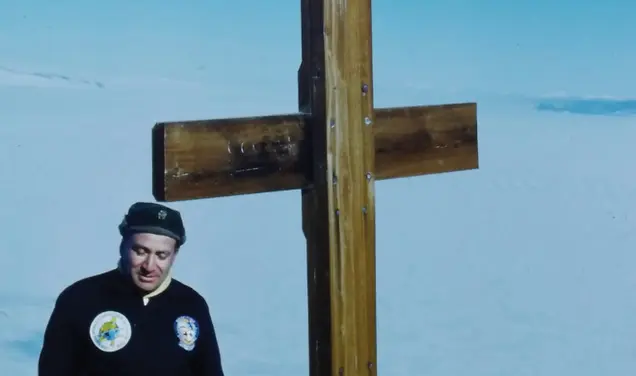Using mathematical models and computer simulations, astronomer Mike Brown ’87 and a colleague at the California Institute of Technology have found strong evidence that our solar system includes a ninth planet. He talked with PAW about the possible new celestial body, unofficially called Planet Nine.
How did you find it?
A group of astronomers published a paper a few years ago saying they had seen these weird alignments of 13 objects in the outer part of the solar system, the Kuiper Belt. My colleague Konstantin Batygin and I started our own study and realized that the orbits of six of these objects are all aligned the same way. That was very unlikely to happen randomly and was a clue that something must be shaping their orbits.
We first assumed that you could line up the objects if they were being organized by a planet with a very elongated orbit. We then ran computer simulations that showed that reality is more complicated than the simple calculations we made; the objects don’t align with the planet, but they anti-align — so that when the planet makes its closest approach to the sun, these objects are 180 degrees opposite it.
The moment I actually started believing that Planet Nine existed was when we realized that a planet on such an elongated orbit would cause the orbits of these other objects to oscillate. And they do. Finally, we decided to plot where these other objects ought to be in the sky, if there is a massive planet shaping their orbits. They were exactly where the model predicted they should be!
You estimate that this planet is about the size of Neptune. Why hasn’t anyone seen it yet?
It’s faint because it’s so far away. At its closest approach, it’s about 200 times the distance from the Earth to the sun, or about seven times farther away than Neptune.
Who would get to name it?
There’s no answer to that because there aren’t supposed to be any more planets. The International Astronomical Union will probably claim the right, but it will be interesting to see if that works for them. When William Herschel discovered Uranus in 1781, he wanted to name it after King George III, but of course no one listened. It was nearly 70 years, though, before “Uranus” stuck.










No responses yet